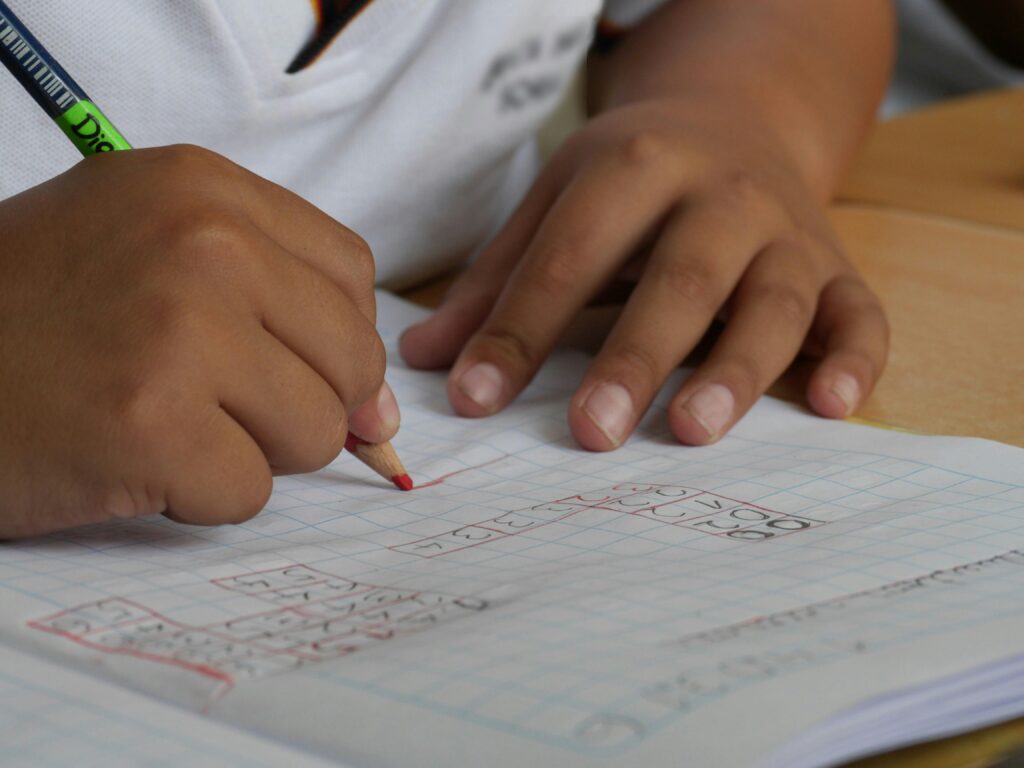
Charlotte Mason 2
I want to return to the subject of Charlotte Mason and home-education, I was wondering if we could go through her twenty principles and if you could give your thoughts on them as a home-schooling mother who’s seen some of her children through to adulthood? I’m not looking for a detailed, research-based critique, just your thoughts.
Sure.
Her first principle was that each child is a person, meaning they have a distinct personality, proclivities, strengths and weaknesses from infancy.
Every parent will tell you this is true and one huge advantage of home-schooling is that you can offer your children a bespoke education.
Mason’s second principle is that children aren’t wholly good or wholly evil, which sounds odd to most modern parents.
My feeling is that stems directly from Mason’s Christian background; she’d have believed the concept of Original Sin, but I think she personally observed children aren’t wholly sinful creatures inclined only to evil. Remember, some Victorians taught that children literally needed the sin beaten out of them; she refuted that.
I agree the work of parents to bring out the latent good in their children. However, as a Muslim, I believe babies are born innocent of any sin.
Next, there’s a principle about authority and obedience being natural?
Which I’d also agree with. So far, Mason has, very usefully, elucidated universal facts to work with.
Hierarchy is natural; we innately seek it out. From what I’ve seen, children naturally want to please their parents and want to respect them, they might push their boundaries, but they’re more secure and happier when they know their parents are in charge and there are clear rules and routines underpinning their lives.
With the fourth principle, Charlotte Mason puts limits on the third and relates it to the first; because the child is a person, the authority figures shouldn’t use force or the like to get obedience.
Meaning?
Meaning parents shouldn’t use means like shouting, love (or guilt), inflicting physical pain, rewards etc to control their children.
I’m certainly guilty of telling my children off, shouting, using censure, bribery and rewards. If my children disobey me or refuse to cooperate, which is normal in my view, then they know there’s a consequence. If they help out, then I will reward them, and they know that too.
Moving on from your un-Masony parenting… Mason then expands on other techniques she recommended in place of the ones you’ve used.
I’m all ears.
In place of rewards, punishments and other manipulative devices, Mason believed that the parents should create an external environment conducive to education, instil positive habits in their children and expose them to ‘living ideas’.
Those sound like brilliant starting points. My ideal home would be a hub of enthusiasm, thinking and learning. If the parents fill the family home with resources, if there are always ongoing projects, stimulating discussions, trips, activities and hobbies are encouraged and supported – then of course children will absorb that.
Likewise, good habits are vital. If they’re ingrained, then half the work is already done for you.
When Mason wrote of ‘living ideas’ she meant ones that had an impact on children – emotional or otherwise. Living ideas are those presented in such a way that the child is fully on board and absorbs them. Of course, I agree with her and that’s what I try to achieve in my children’s primary years. However, by the time my children are 13, their education looks more mainstream as they prepare for exams, college and adulthood.
I get the impression you were following a lot of Charlotte Mason’s ideas without realising it?
I’m sure a lot of home-educators will be.
It’s clearly easier to begin formal studies when your child is ready to learn than when the National Curriculum dictates. It’s more fun to study something your child loves. It’s obvious that children remember more poking about in a pond for insects than they will from finding ‘larvae’ in a wordsearch. It’s equally obvious children learn more from short, focussed lessons where they’re concentrating, than from long dreary hours of tuition they dislike. Charlotte Mason correctly observed all of the above and incorporated them into her methodology.
Mason used the analogy of presenting children with a rich, varied range of subjects, like a nutritious banquet laid before them to take from.
You’re sounding very poetic.
Mason has an eloquent, archaic style of writing. If you dip into her work, and there’s a lot to dip into, it’s hard not to emerge sounding like a Victorian gentlewoman.
If you say so.
Of course, she’s right; children crave stimulation, activity and occupation. The more resources on offer, the better for their educations and your sanity.
However, I know Mason did have very high, traditional ideas of what an educated person is. I haven’t given my children the wealth or variety of traditional subjects Mason advised, though I’d be interested to speak to people who have.
Have you taught your children about the interconnectedness of their studies, which is what Charlotte Mason described as “the science of relations”?
I’ve heard two versions of what she meant by the science of relations.
One is that all subjects interconnect and relate to each other, so understanding of one improves understanding of all – an example would be studying psychology, Tudor history and society, and then relating them Romeo and Juliet. The student will have a much deeper relationship with the play if they understand the context, for example.
Another is that the child must understand how their lessons relate to them, such as where they are in history and how their bodies work. It’s about connecting their lessons, which might seem abstract, to their being. I’ve felt this is a natural process that hasn’t required formal tuition.
Mason wrote she expected children to narrate back what they’d understood from their lessons, activities or books – but she was emphatic this should be done once to a high standard to discourage laxness or laziness.
There isn’t one hard and fast rule I’d apply to all my children all the time and I don’t expect them to summarise their lessons to me once, and only once. Sometimes I might question them about something to guide them or open their minds to other perspectives about, as an example, a character in history. I might notice nuances my child hasn’t, and I think it’s beneficial to offer guidance or ideas to deepen their thoughts.
Mason also said children should keep a nature journal where they draw pictures and write their observations.
She was passionate about the benefits of being outside in nature, which I also agree with – going outside, playing freely, hiking, swimming and observing the natural world are all wonderful activities. I can understand the benefits of keeping a nature journal, but it’s not something I’ve ever done with my children. I’m open to trying it though.
We’ve nearly covered all twenty principles laid out by Charlotte Mason. The next ones concern the development of a moral code, such as restraint, patience and grace, by learning from good example and sage advice rather than personal logic and reasoning (which she implied could be egotistical).
This is the realm of religion and I wouldn’t want to comment too much on it. We’ve got our children to religious habits at home when they’re little (we’ve given them the building blocks, I suppose). However, the deeper, higher understandings of the religion are best taught by specialists when the child is ready.
By specialists, you mean good examples and sages?
I suppose so, yes.
Finally, and I think I know what you’re going to say here, Mason stated that there shouldn’t be any separation between secular and religious studies; the two go hand in hand.
Absolutely. For example, science is essentially a study of the created, known universe – I can’t see there’s a point where religion leaves it or where science undermines religion. I’m not advocating an awkward preaching at every turn, but that religion is treated as a way of life rather than a mere belief.
Katie Holden





Responses